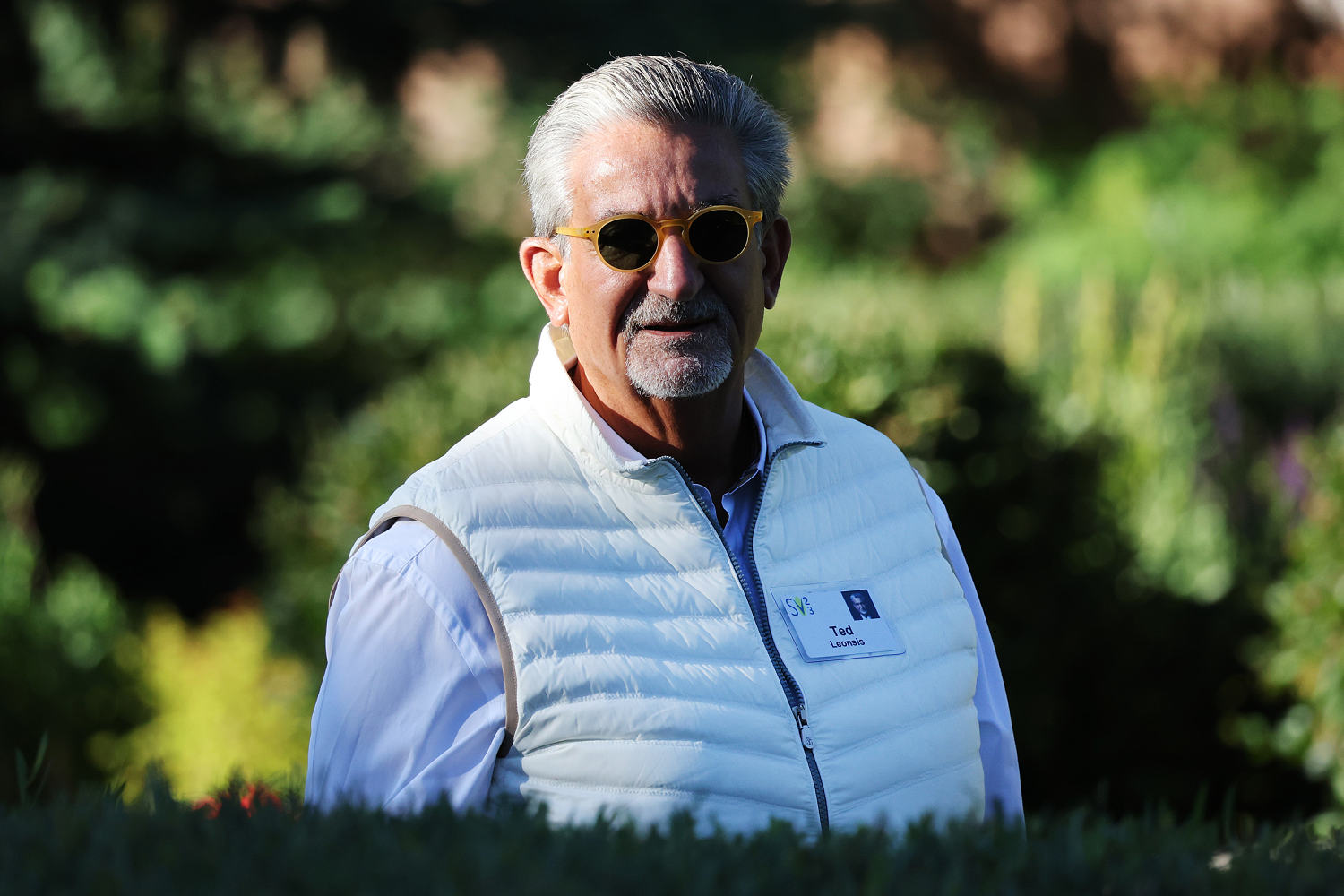Inside a billionaire pro sports owner’s lesson in local politics


One of the oldest mantras in politics holds that “all politics is local.” You’d be forgiven if, over the last decade, you no longer believed that was true.
If anything, thanks to social media, some communities have seen the national conversation create a local nightmare, as city councils and school boards become dysfunctional thanks to pointless national debates.
But the fact of the matter is, the mantra is a mantra for a reason — because it’s still true. Just ask Ted Leonsis, the owner of the NBA’s Wizards, the NHL’s Capitals and the WNBA’s Mystics in Washington, D.C.
In a wide-ranging conversation on my podcast, the Chuck ToddCast, Leonsis goes deep with me on the lessons learned from his brief attempt to move his sports empire from downtown D.C. to Alexandria, Virginia, a mere 5 miles — or so he thought at first. The Potomac River may be a thin border between D.C. and Virginia, but it’s a huge gulf to cross perception-wise.
This week on the Chuck ToddCast from NBC News, Ted Leonsis describes what he learned after attempting to move the Washington Capitols and Wizards from Washington DC to Virginia. Sign up to get new episodes of the Chuck ToddCast, every Wednesday and Friday, on Apple Podcasts, Spotify or wherever you get your podcasts.
“Well, you know, I learned a lot, right?” Leonsis says. “I … hope Mayor Bowser can give me an honorary title as vice mayor of downtown D.C. We were thinking of moving three and a half miles away. We weren’t going to Indiana in the middle of the night, right? But I get it, I was wrong.”
Ultimately, the deal that Leonsis and Virginia Gov. Glenn Youngkin agreed to move the teams to Alexandria fell apart amid opposition in the Virginia state legislature. After failing to come to terms initially, Leonsis and the Bowser-led D.C. government came to their own deal in March.
As a veteran of the tech industry, Leonsis was a part of AOL early on, and he also shares his views on where the sports and media industries are headed.
He believes the size and power of the D.C. media market is much bigger than the “DMV” or the Beltway region. He sees the market going from Richmond to Delaware.
“We have the opportunity to make greater D.C. one of the four most important markets in North America,” Leonsis says, adding: “That’s why … we own the teams, the venues we play in, and now the network that we play on. And we’re able to go direct to consumer, because that’s what the future will be.”
Leonsis also discusses his decision to take an investment from the Qatar sovereign wealth fund. And he makes a distinction between those minority investors, like sovereign wealth funds, looking for a safe place to invest long term compared to the the growing trend of hedge funds directly buying sports teams.
“I think private equity is a bigger problem than pension funds and sovereign wealth funds investing because private equity wants, they want an exit. They want some control,” Leonsis says. In his analysis, sovereign wealth funds have no control or say.
“You’re an investor, you’re not a partner,” Leonsis continues. “You get no financial information. You meet with the owners once a year and the league once a year. We don’t list them. They’re investors. They have no influence. They are totally passive investors, which was good with them because pension funds are looking at sovereign wealth funds kind of same dynamic … safe harbor over 50 years, 100 years, and they look at the leagues as being 100 year old, right?”
If you are curious about the future of sports ownership, the future of sports media and the roles politicians and financiers will be playing in both going forward, be sure to listen to the entire conversation. We cover territory from a potential new local D.C.-area college hoops tournament to looking for more ways to keep the best high school basketball players from leaving the DMV instead of attending George Washington University (my alma mater) or Georgetown (his alma mater) — or Maryland, George Mason, James Madison, etc.
You’ll also hear is thoughts on whether the toxic nature of our national politics hurts his ability to sign free agents to come play in Washington. And for true D.C. sports fans, be sure not to miss his thoughts on Alexander Ovechkin versus Bradley Beal!







